Home>Garden Essentials>How Long Do Cowpeas Take To Germinate
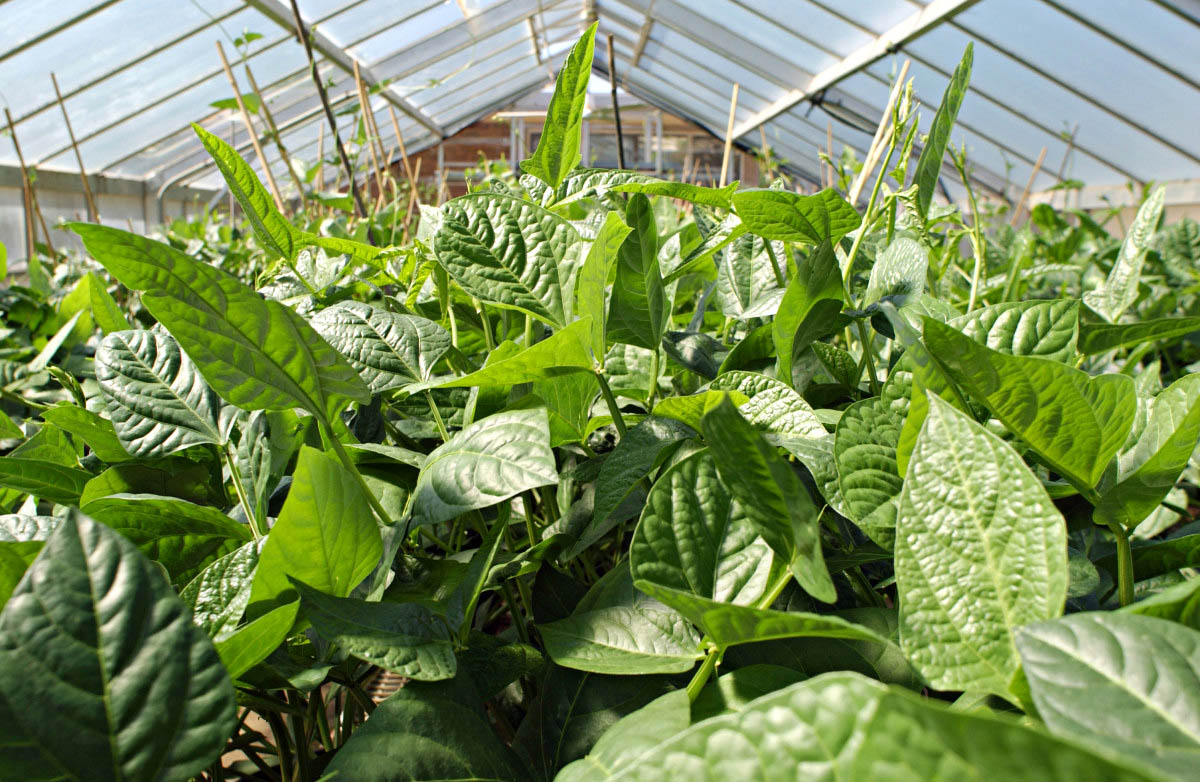

Garden Essentials
How Long Do Cowpeas Take To Germinate
Modified: August 28, 2024
Discover the average germination time for cowpeas in your garden. Learn how long it takes for these versatile legumes to sprout and thrive.
(Many of the links in this article redirect to a specific reviewed product. Your purchase of these products through affiliate links helps to generate commission for Storables.com, at no extra cost. Learn more)
Introduction
Gardening enthusiasts and farmers alike understand that successful plant growth begins with germination. Cowpeas, also known as black-eyed peas or southern peas, are a popular legume crop with a rich cultural history and nutritious benefits. If you’re planning to grow cowpeas in your garden or farm, understanding their germination process is crucial.
Germination refers to the process by which a seed transforms into a new plant. It involves the seed absorbing water, leading to the activation of various enzymes that trigger growth. Cowpea seeds, like many other legumes, require specific conditions to germinate successfully.
By learning about the factors that affect cowpea germination, as well as the optimal conditions and germination time, you can ensure a higher success rate when cultivating these versatile legumes.
So, let’s delve into the fascinating world of cowpeas and discover everything you need to know about their germination process.
Key Takeaways:
- Cowpeas prefer warm temperatures, moist soil, and darkness for germination. Providing optimal conditions and high-quality seeds can lead to successful germination within 7 to 10 days.
- To promote cowpea germination, consider pre-soaking seeds, starting indoors, and providing consistent moisture. Patience and proper care are essential for a bountiful harvest.
Read more: How Long Do Petunias Take To Germinate
Factors Affecting Cowpea Germination
Several key factors can influence the germination process of cowpeas. By understanding these factors, you can provide the ideal conditions for the seeds to germinate successfully.
- Temperature: Cowpeas prefer warm temperatures for optimal germination. The ideal temperature range for cowpea germination is between 70°F and 90°F (21°C and 32°C). Germination rate and speed may be significantly reduced if the temperature falls below 50°F (10°C).
- Moisture: Adequate moisture is crucial for cowpea germination. The seeds should be moist but not overly wet. Dry soil or lack of irrigation can hinder germination, while waterlogged conditions can lead to rotting. Aim for soil moisture levels that allow the seeds to absorb water without becoming saturated.
- Light: Cowpea seeds do not require light for germination. In fact, they tend to germinate better in darkness. Planting the seeds at a suitable depth, around 1 to 2 inches (2.5 to 5 cm) below the soil surface, will shield them from light and promote germination.
- Soil Quality: Cowpeas thrive in well-draining soil that is rich in organic matter. Soil that is too dense or compacted can impede the seeds’ access to oxygen and hinder germination. Additionally, a pH level between 6.0 and 7.5 is preferred for optimal growth and germination.
- Seed Quality: High-quality seeds are essential for successful germination. Choose seeds that are healthy, free from damage or disease, and have a high germination rate. It’s recommended to purchase certified seeds from reputable suppliers to ensure their viability.
By considering and optimizing these factors, you can create the ideal conditions for cowpea seeds to germinate and begin their journey towards becoming thriving plants.
Optimal Conditions for Germination
In order to ensure successful germination of cowpeas, it’s important to provide the optimal conditions that promote seed activation and growth. Here are the key factors to consider:
- Temperature: As mentioned earlier, cowpeas prefer warm temperatures for germination. Aim to maintain a consistent temperature between 70°F and 90°F (21°C and 32°C) throughout the germination period. Using a heat mat or placing the seeds in a warm location can help maintain the desired temperature.
- Moisture: Proper moisture levels are crucial for cowpea germination. Start by thoroughly watering the planting area before sowing the seeds. Maintain consistent moisture by watering gently and regularly, ensuring the soil doesn’t dry out. Avoid overwatering, as excessive moisture can lead to fungal diseases.
- Light: Cowpea seeds do not require light for germination and prefer to be in darkness. Plant the seeds at a depth of about 1 to 2 inches (2.5 to 5 cm) in the soil to provide the necessary darkness. Cover the seeds with soil and pat it down gently to create a firm but not compacted surface.
- Air Circulation: Adequate air circulation is essential for proper germination. Avoid overcrowding the seeds, as this can lead to increased humidity and poor ventilation. Plant the seeds at the recommended spacing, allowing enough room for each plant to grow and receive sufficient air circulation.
- Soil Quality: Cowpeas thrive in well-draining soil that is rich in organic matter. Prepare the soil by incorporating compost or well-rotted manure before planting. This will enhance the soil structure, improve moisture retention, and provide essential nutrients for seedling growth.
By providing the optimal conditions of temperature, moisture, darkness, air circulation, and soil quality, you can greatly increase the chances of successful germination and establish a healthy foundation for your cowpea plants.
Germination Time for Cowpeas
The germination time for cowpeas can vary depending on various factors, including temperature, moisture, and seed quality. On average, cowpea seeds typically germinate within 7 to 10 days under optimal conditions. However, it’s important to note that germination can take longer, especially if the conditions are not ideal.
Temperature plays a significant role in determining the germination time for cowpeas. Warmer temperatures, around 80°F (27°C) or above, will promote faster germination. In such conditions, you may start to see seedlings emerge in as little as 5 to 7 days. However, if the temperature drops below 70°F (21°C), the germination process may take longer, potentially extending to 10 days or even up to 14 days.
Moisture availability is another crucial factor impacting germination time. If the soil is kept consistently moist and not allowed to dry out, cowpea seeds will absorb the necessary moisture to initiate germination. When the moisture levels are favorable, the seeds will swell and sprout, resulting in visible seedlings within the expected time frame.
It’s essential to maintain patience during the germination process, understanding that each seed has its own internal clock and may take slightly longer to germinate. Keep in mind that certain varieties of cowpeas may have different germination times due to genetic variations.
Regularly monitor the planting area and maintain optimal growing conditions to ensure successful germination. Avoid overwatering, as it can lead to waterlogging and root rot, which may delay or impede the germination process. On the other hand, allowing the soil to dry out excessively can also hinder germination.
If you notice that some seeds are not germinating within the expected timeframe, it is possible that they are damaged or of poor quality. High-quality seeds with a good germination rate should produce healthy seedlings within the average timeframe.
Overall, by providing the right conditions, including sufficient warmth, moisture, and good seed quality, you can expect cowpea seeds to germinate and emerge as seedlings within 7 to 10 days.
Cowpeas typically take 7-10 days to germinate. Keep the soil moist and warm (around 77-95°F) to help speed up the germination process.
Factors that May Delay Germination
While cowpea seeds have the potential to germinate within the average timeframe of 7 to 10 days, several factors can cause delays in the germination process. Understanding these factors can help you identify and address potential issues to ensure successful germination.
- Cool Temperatures: Cowpeas prefer warm temperatures for optimal germination. If the temperature drops below 70°F (21°C), the germination process may be delayed. Cooler temperatures can slow down the activation of enzymes and the metabolic processes necessary for germination. Providing a warm and consistent environment can help overcome this delay.
- Dry Soil: Adequate moisture is crucial for seed germination, and dry soil can hinder the process. If the soil is too dry, the seeds may struggle to absorb the necessary moisture for activation. Ensure the planting area is adequately watered before sowing the seeds and maintain consistent moisture throughout the germination period.
- Poor Seed Quality: The quality of the seeds can significantly impact the germination process. Damaged or low-quality seeds may take longer to germinate or fail to germinate altogether. Ensure that you choose high-quality seeds from reputable sources to minimize the risk of delays.
- Improper Planting Depth: Planting cowpea seeds too deep or too shallow can delay germination. If the seeds are planted too deep, they may struggle to emerge from the soil, leading to delayed germination. If the seeds are planted too shallow, they may not receive adequate moisture and warmth for germination. Follow the recommended planting depth of 1 to 2 inches (2.5 to 5 cm) for optimal results.
- Presence of Weed Seeds: Weed seeds in the planting area can compete with cowpea seeds for resources, including water, nutrients, and sunlight. This competition can delay germination and hinder the growth of cowpea seedlings. Prioritize weed control in the planting area to minimize the impact on germination.
It’s important to note that delays in germination can occur even under optimal conditions, depending on specific seed characteristics and environmental factors. Patience and regular monitoring are key to ensuring successful germination. If you notice significant delays or no signs of germination after the expected timeframe, it may be necessary to assess the conditions and address any potential issues.
Read more: How Long Do Microgreens Take To Germinate
Tips for Promoting Cowpea Germination
To increase the chances of successful germination for your cowpea seeds, consider the following tips:
- Pre-Soaking Seeds: Soaking cowpea seeds in water overnight can help soften the seed coat and promote faster germination. This can be particularly beneficial if you’re dealing with seeds that have a hard outer shell.
- Scarification: If the cowpea seeds have a tough seed coat, you may need to scarify them to promote germination. This involves gently nicking or scratching the seed coat to help water penetrate and initiate the germination process. Be cautious not to damage the embryo inside the seed.
- Start Seeds Indoors: If you live in a region with shorter growing seasons, starting cowpea seeds indoors can give them a head start. Use seed trays or pots filled with a high-quality seed starting mix. Transplant the seedlings outdoors once the soil temperature and weather conditions are suitable.
- Provide Optimal Watering: Cowpea seeds need consistent moisture to germinate successfully. Water the planting area thoroughly before sowing the seeds, and avoid allowing the soil to dry out during the germination period. Water gently and regularly to maintain optimal moisture levels.
- Use Mulch: Applying a layer of organic mulch around the planted cowpea seeds can help conserve moisture, regulate soil temperature, and suppress weed growth. This can create a favorable environment for germination and early seedling growth.
- Protect from Pests and Diseases: Keep an eye out for pests and diseases that may hinder germination or damage young seedlings. Protect the planting area using organic pest control methods, and ensure proper sanitation practices to prevent the spread of diseases.
- Thin Out Seedlings: If you have planted multiple seeds in one location, thin out the seedlings once they have emerged. Crowded seedlings can compete for resources and hinder overall growth. Remove the weaker seedlings, allowing the stronger ones to thrive.
Remember, successful germination is influenced by a combination of factors, so it’s important to create an environment that promotes optimal conditions for the seeds to sprout and grow. By implementing these tips, you can enhance the germination process and set the stage for healthy and robust cowpea plants.
Conclusion
Cowpeas, with their rich cultural heritage and nutritional benefits, are a valuable addition to any garden or farm. Understanding the germination process of cowpeas is essential for ensuring successful growth and a bountiful harvest. By considering the factors that affect cowpea germination, providing optimal conditions, and following helpful tips, you can greatly increase the chances of successful germination.
Temperature, moisture, light, air circulation, and soil quality are key factors that influence cowpea germination. Maintaining warm temperatures, adequate moisture levels, and planting the seeds at the correct depth in well-draining soil create favorable conditions for germination. Additionally, taking steps to protect the seeds from pests, diseases, and weed competition can further enhance germination and seedling growth.
Patience is essential during the germination process, as each seed has its own internal clock. While cowpeas typically germinate within 7 to 10 days, variations in temperature, seed quality, and other factors can affect the germination time. Monitoring the planting area, ensuring consistent moisture, and choosing high-quality seeds will increase the likelihood of successful germination.
By following the tips for promoting cowpea germination, such as pre-soaking seeds, scarification, starting seeds indoors, providing optimal watering, using mulch, and thinning out seedlings, you can further optimize the germination process and enhance overall plant growth.
Remember, successful germination is just the beginning of the journey towards growing healthy cowpea plants. Proper care and management throughout the growing season will lead to a bountiful harvest of delicious and nutritious cowpeas.
So, roll up your sleeves, prepare the optimal conditions, and watch as your cowpea seeds germinate and flourish into thriving plants, bringing beauty, nutrition, and satisfaction to your garden or farm.
Frequently Asked Questions about How Long Do Cowpeas Take To Germinate
Was this page helpful?
At Storables.com, we guarantee accurate and reliable information. Our content, validated by Expert Board Contributors, is crafted following stringent Editorial Policies. We're committed to providing you with well-researched, expert-backed insights for all your informational needs.
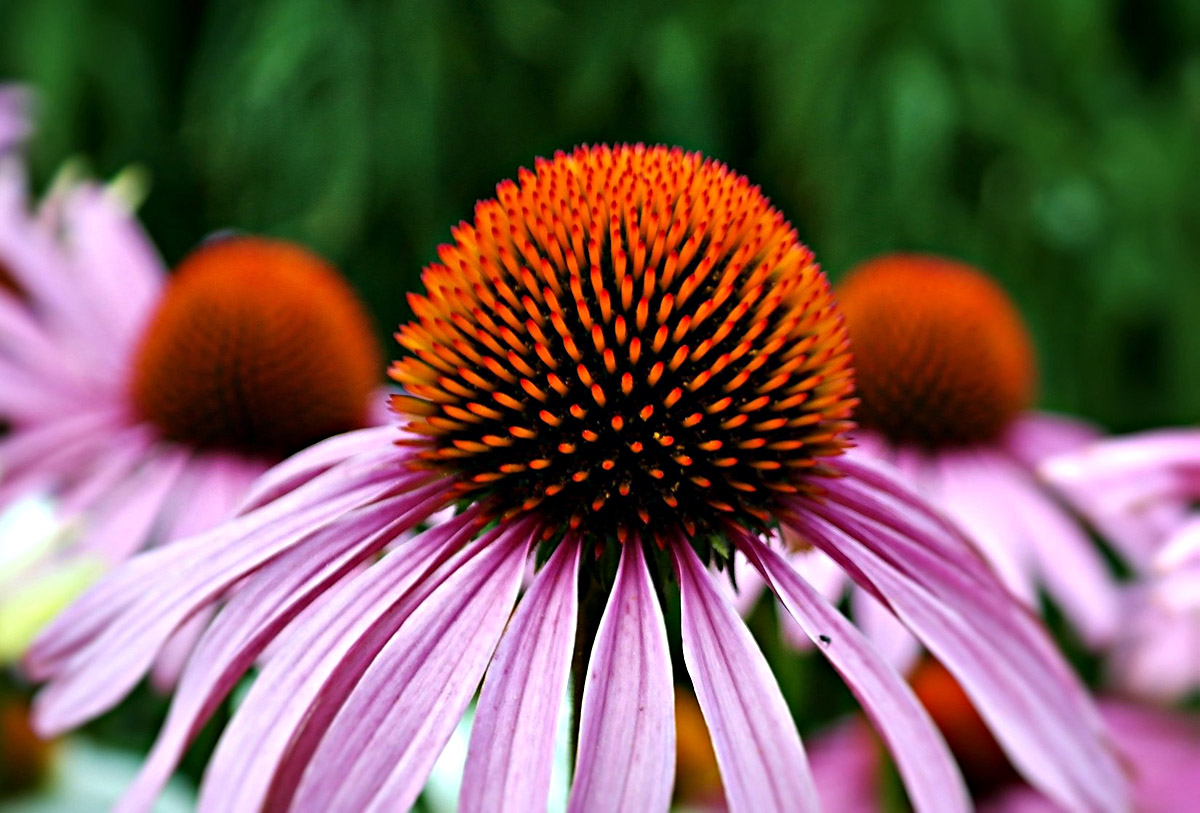
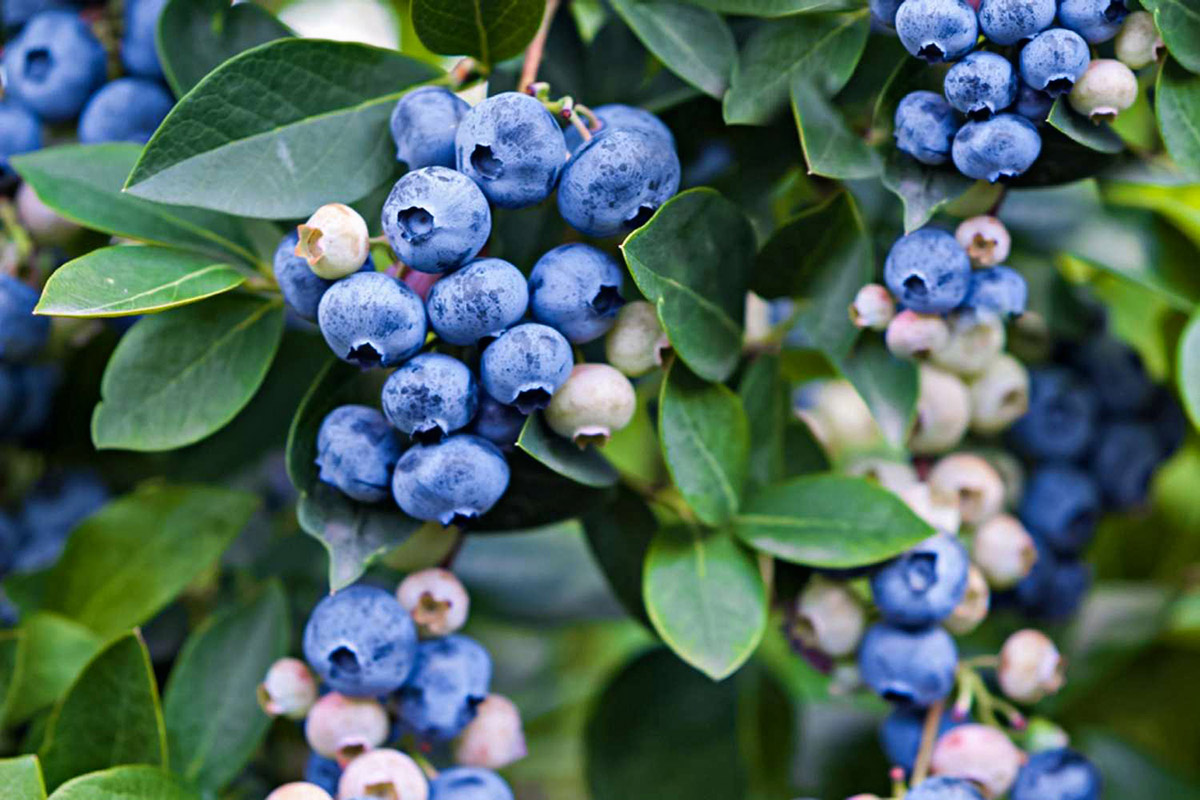
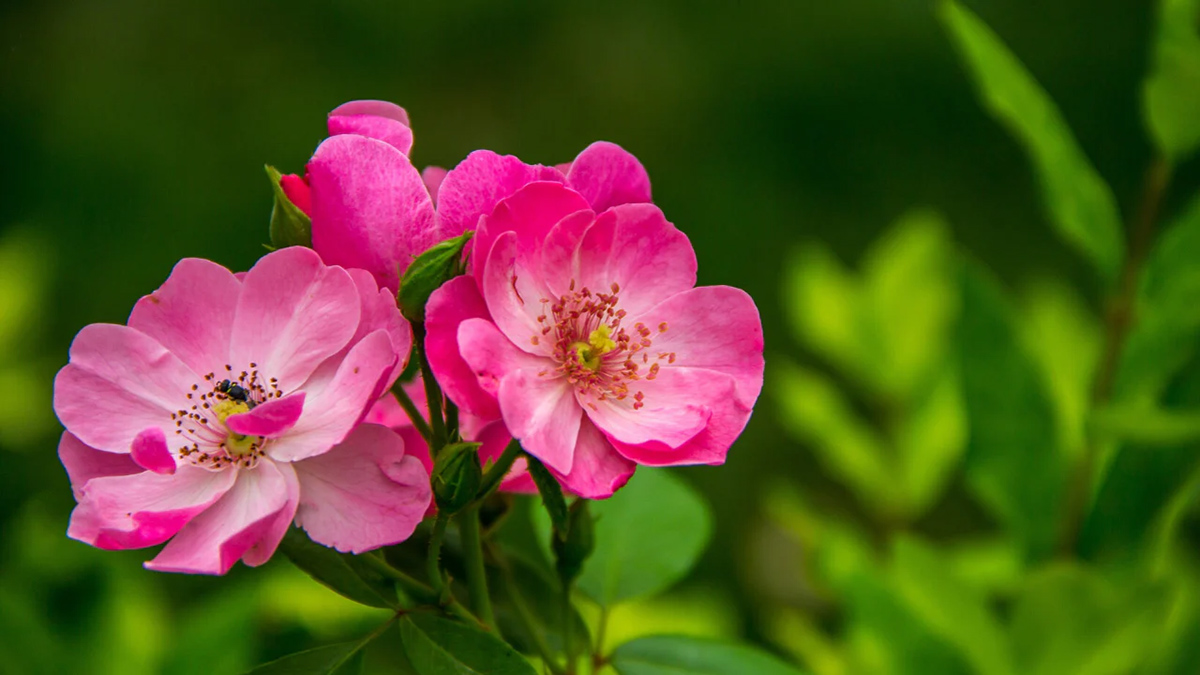
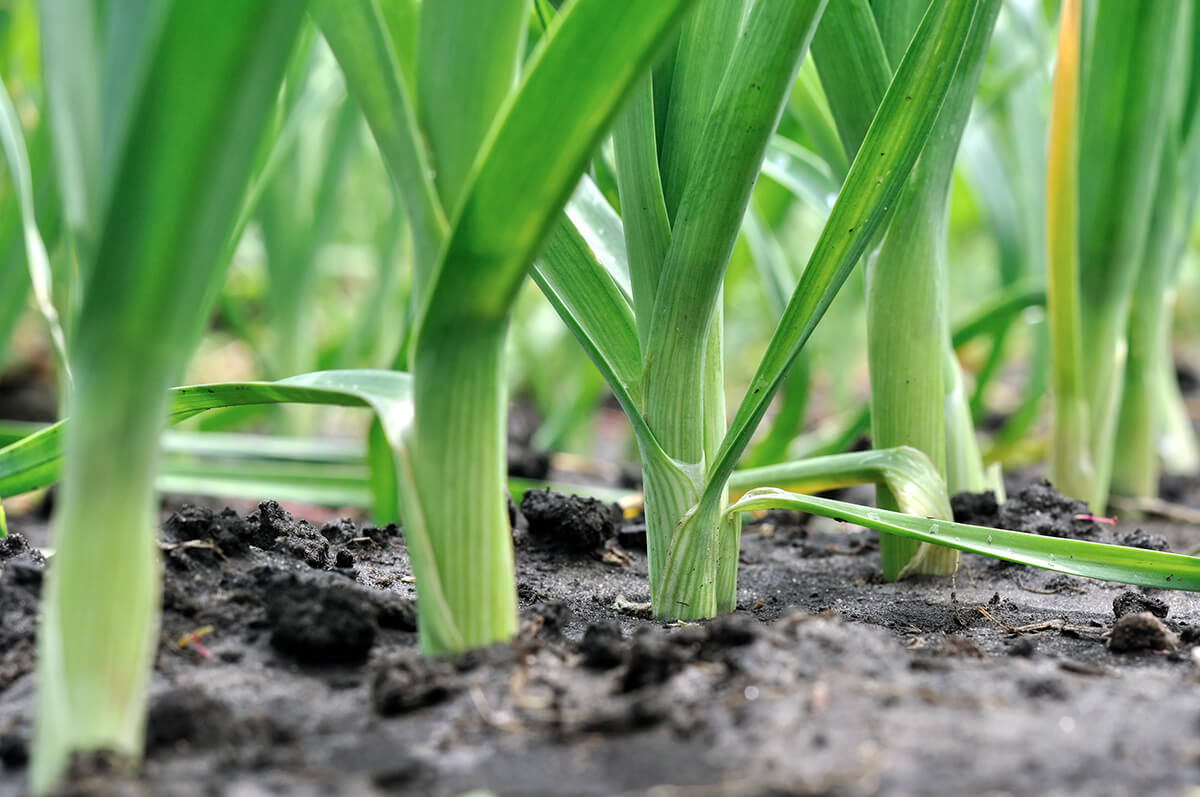
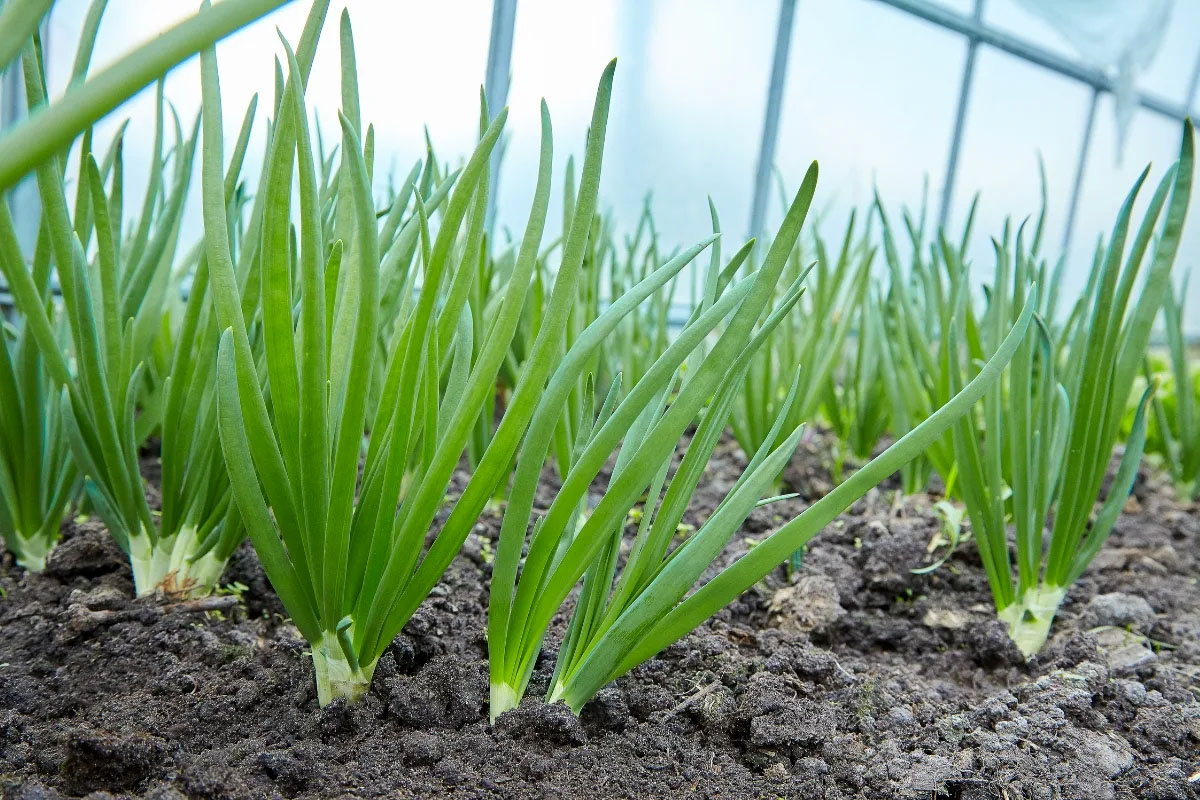
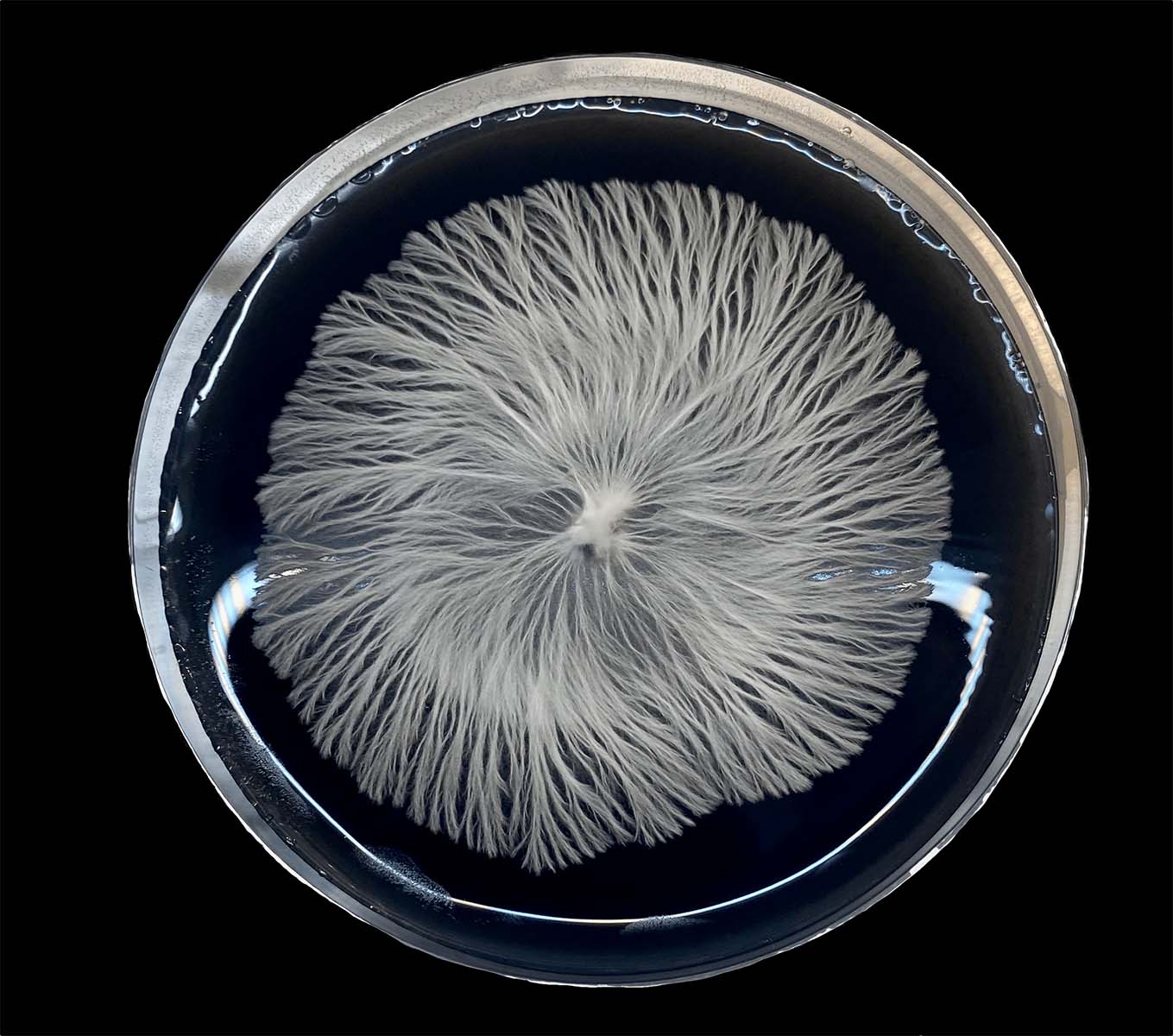
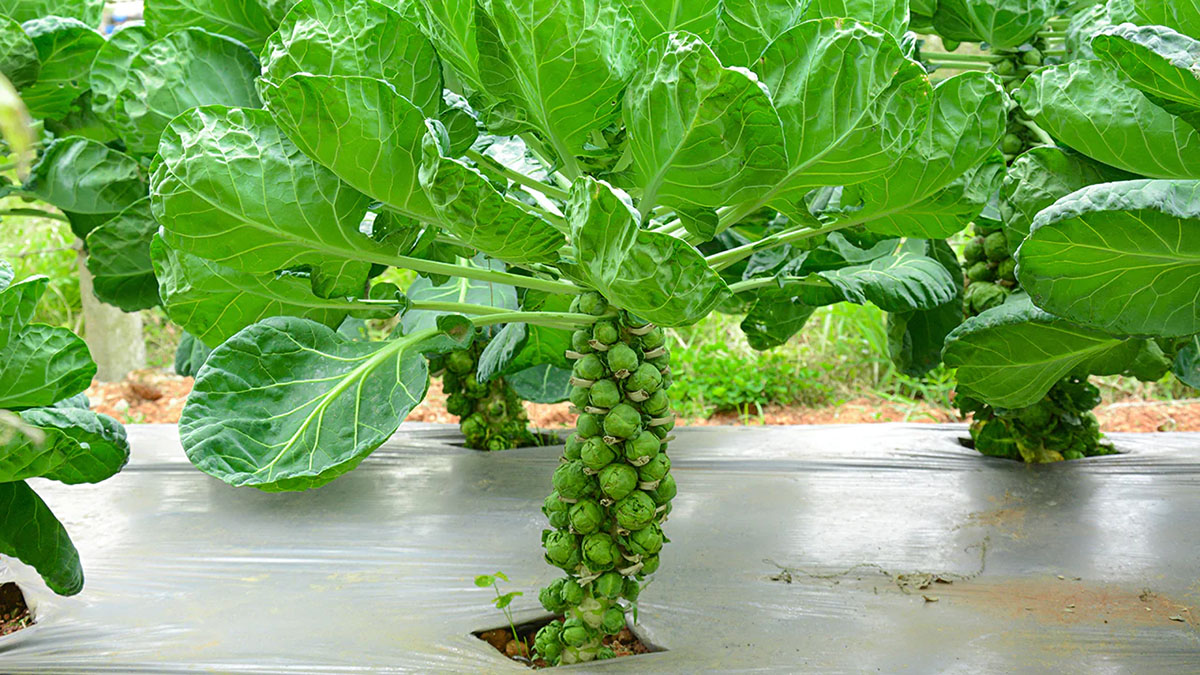
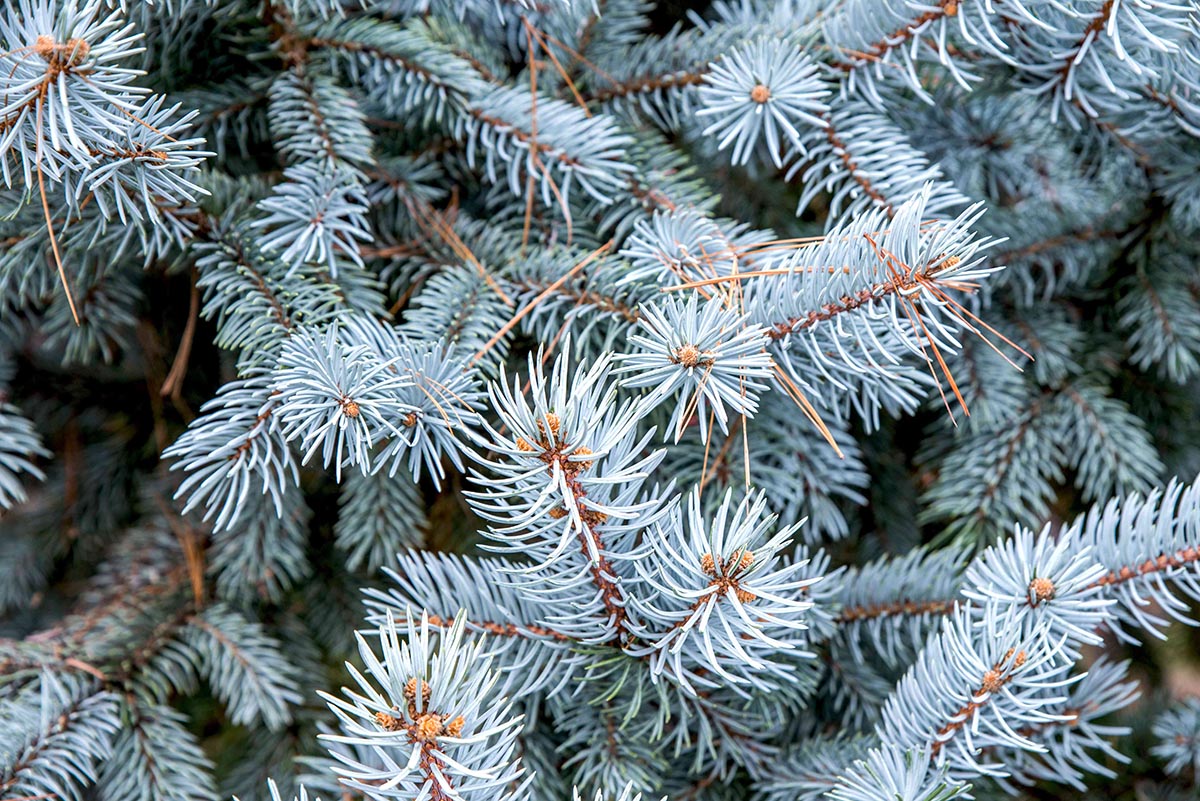
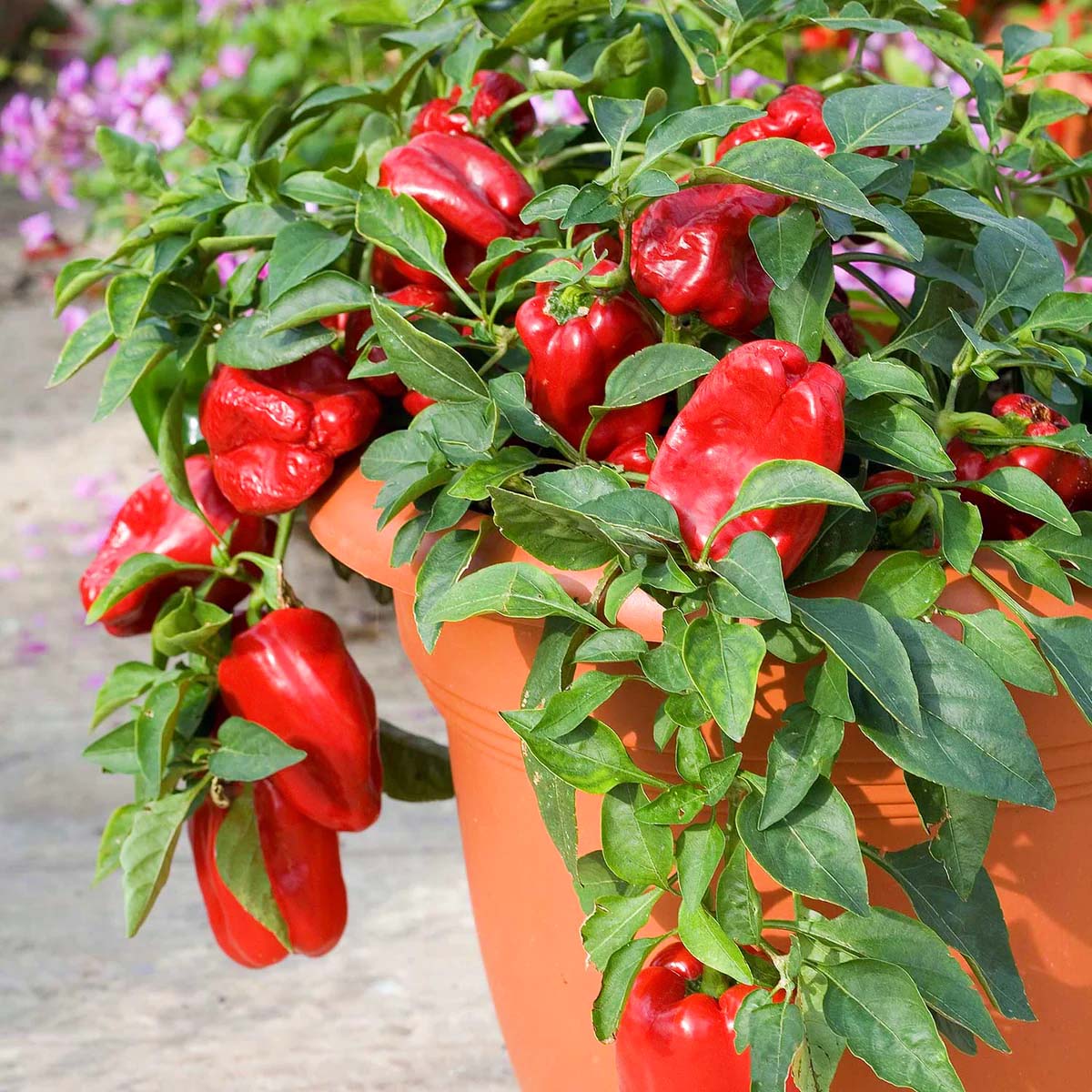
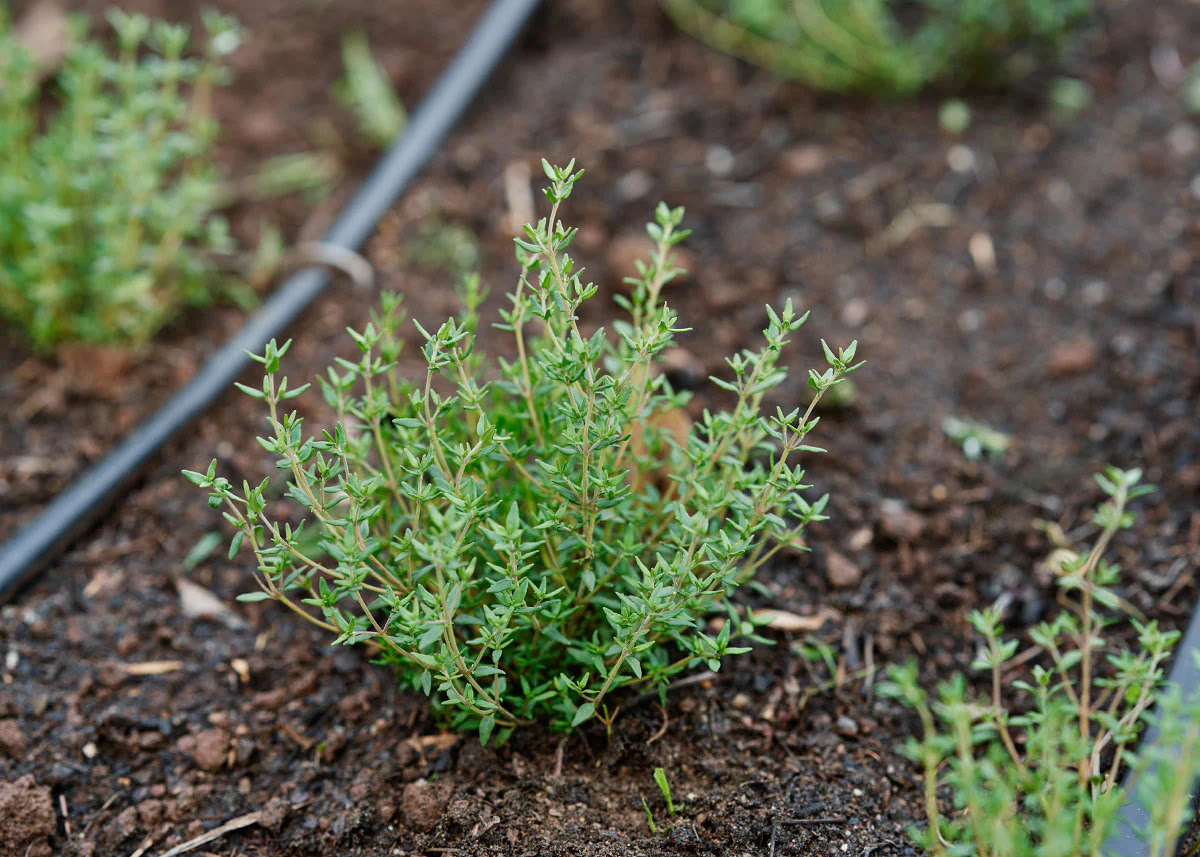
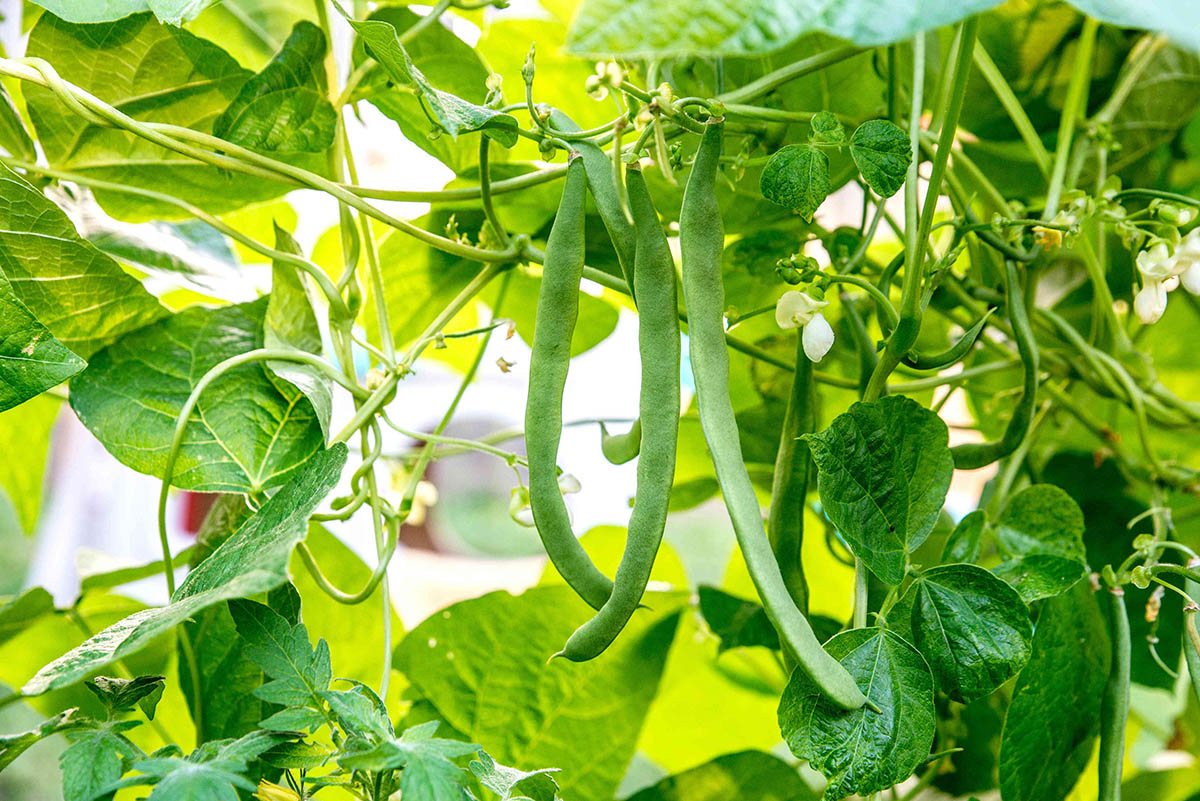
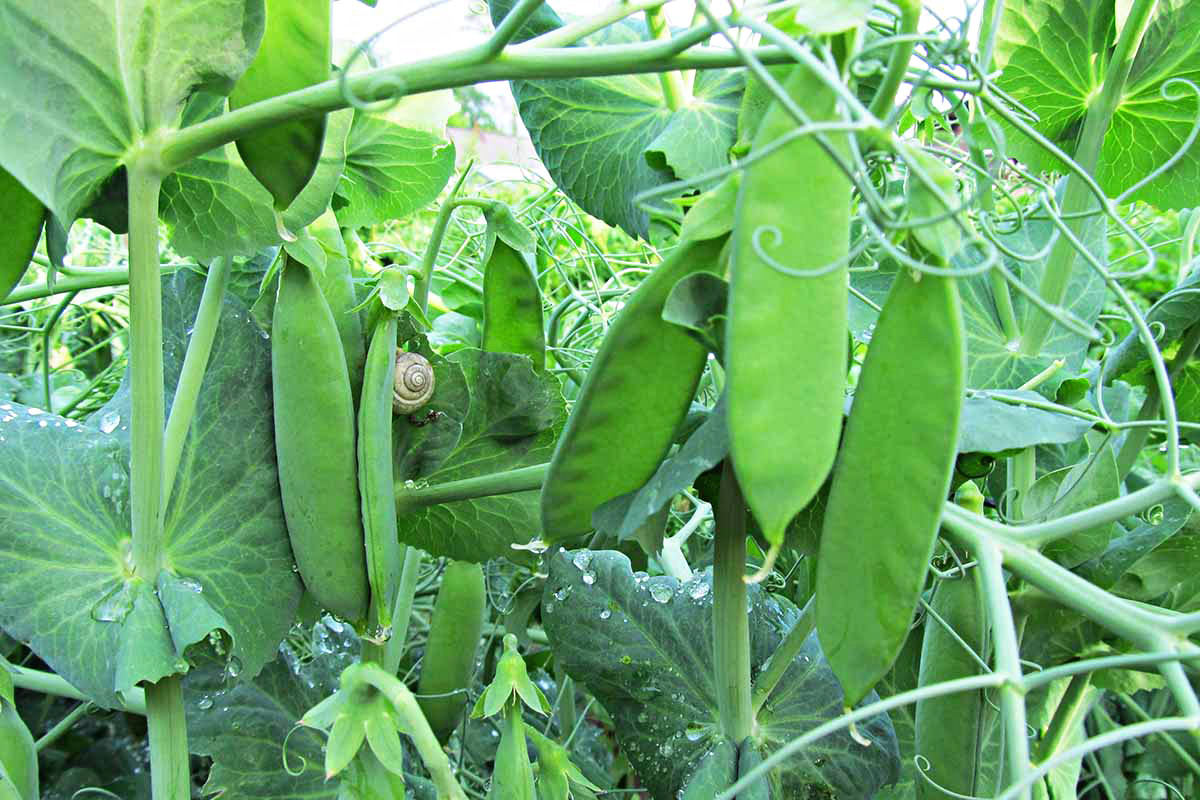
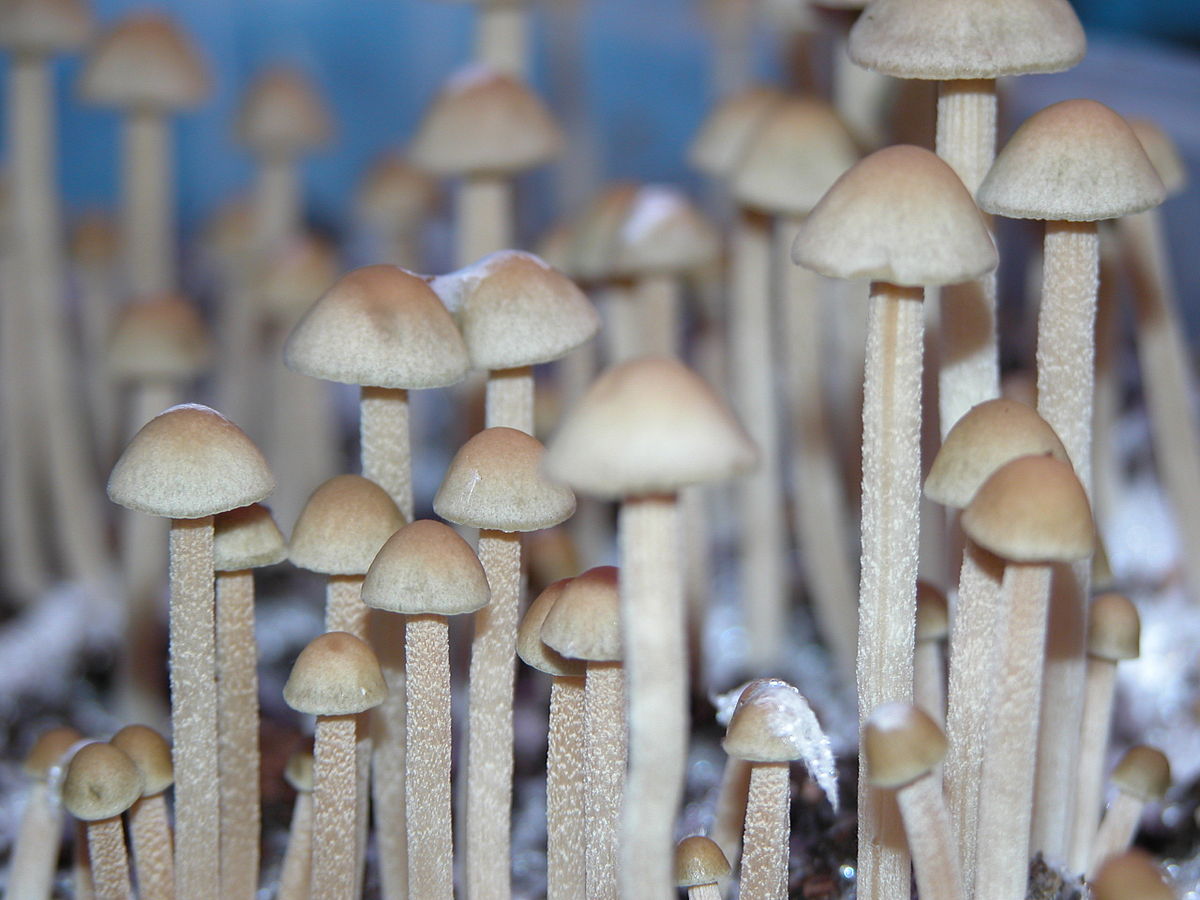
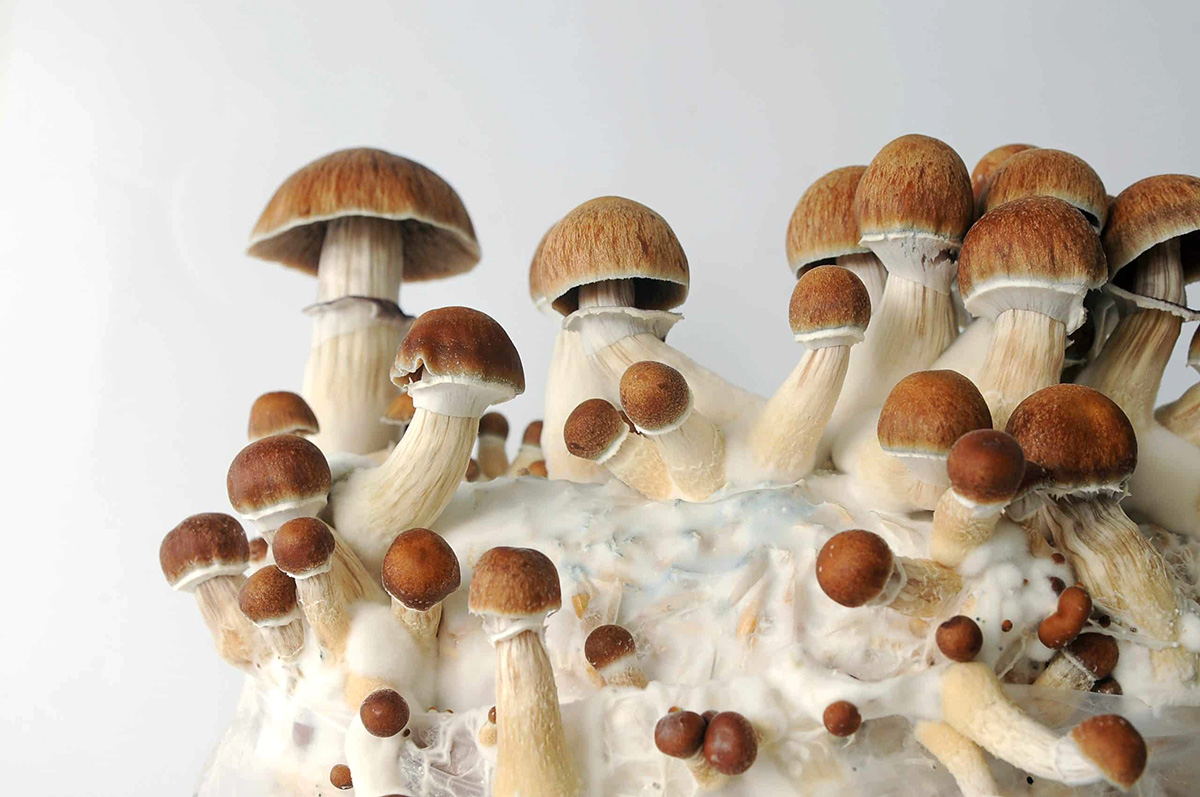

0 thoughts on “How Long Do Cowpeas Take To Germinate”